As the summer weather pushes temps higher and higher, it’s more important during this time of year to pay attention to our water consumption, especially when we take to the streets outside for exercise and overall outdoor activity.
Dehydration is, by definition, a condition that occurs when our body loses fluids (mostly water), in excess of the amount that we take in. If we aren’t careful and vigilant, dehydration can creep up and cause some pretty nasty side effects.
Here’s what you need to know about the issue to stay ahead of the curve.
Common Causes
Summer time is ripe for dehydration because we tend to sweat — and therefore lose fluids — more readily. Common causes of dehydration include vigorous exercise, intense diarrhea, vomiting, fever and/or excessive sweating. Not drinking enough water when exercising or when outside during hot weather will only exacerbate the problem.
Symptoms
It’s important to pay attention to how your body feels at all times — especially during exercise or periods of intense heat — to be aware of whether or not your body is getting dehydrated. If you’re feeling thirsty, you’re probably already behind the curve, but the following are the most common signs of dehydration, according to the Mayo Clinic:
- A dry or sticky mouth
- Sleepiness, especially in children who may appear less active than normal
- Decreased urine output
- In infants, a lack of wet diapers for more than three hours
- Dry skin
- Headache
- Constipation
- Dizziness or lightheadedness
Fortunately, most dehydration in the mild form can be taken care of by simply drinking water or a sports drink. However, if severe symptoms should arise (like extreme thirst, total lack of urination, shriveled skin or dizziness and confusion), it’s important to get to a doctor right away.
How to Avoid It
Drinking water before, during and after all strenuous activities, or while outside on a hot day, is a very important part of avoiding dehydration, but more specifically:
- Drink 15 to 20 ounces of water in the hour or two before a workout, and another 8 to 10 ounces, 15 minutes before starting. Then, try drinking 8 ounces of water or a sports drink at least every 15 or 20 minutes during exercise, or while outside on a hot day.
- Use a sports drink if exercising for longer than one hour.
- Avoid alcohol or caffeine before exercise or while outside on a very hot day, as this can increase dehydration.
- Wear lightweight, light-colored clothing when working or exercising outside.
With a little vigilance, there’s no reason not to enjoy the great outdoors while the warm and sunny weather lasts — just remember to bring a water bottle with you on your journeys.

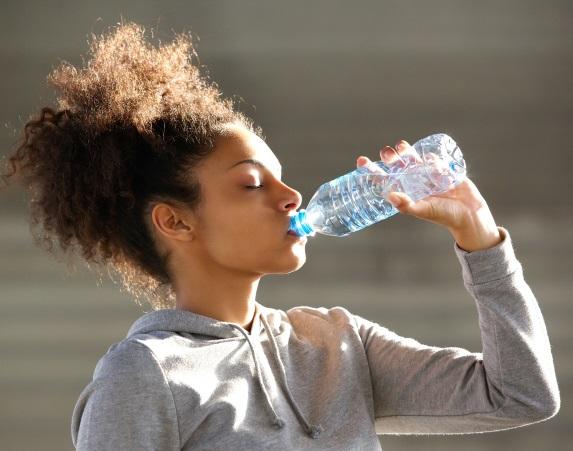
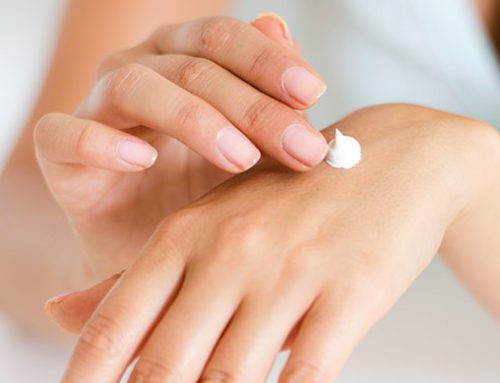




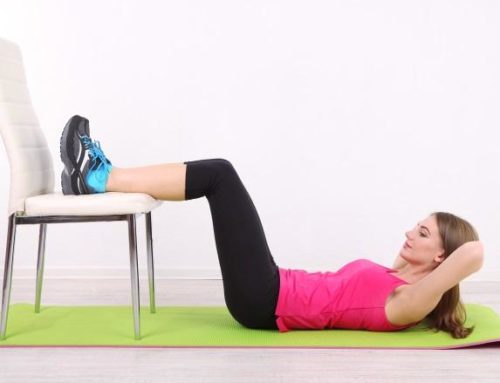


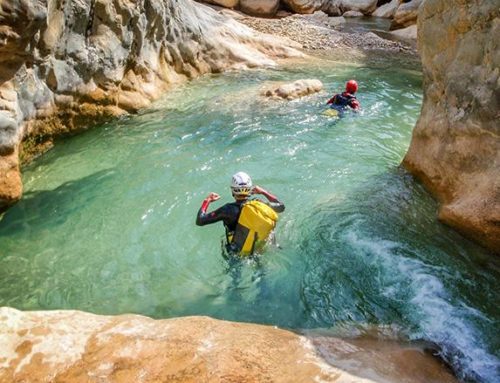
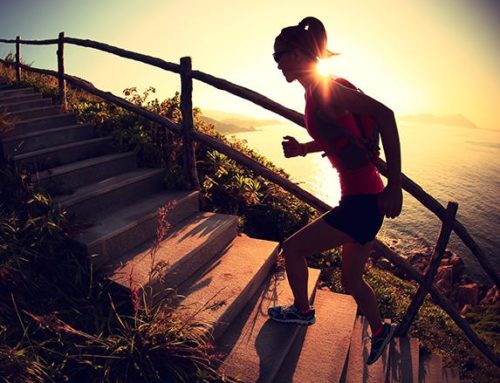

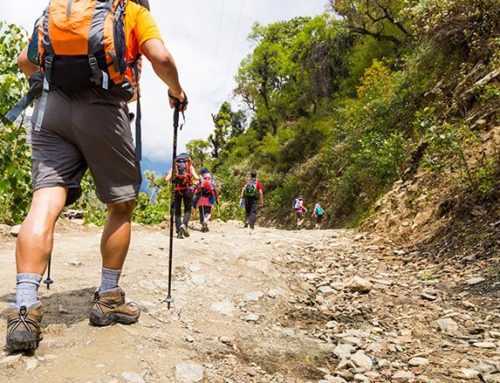
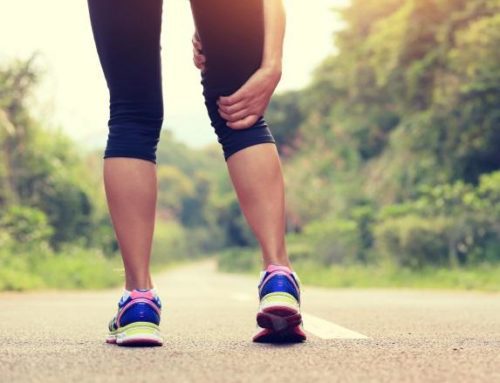

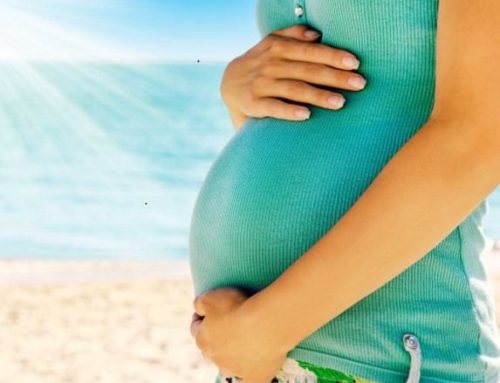
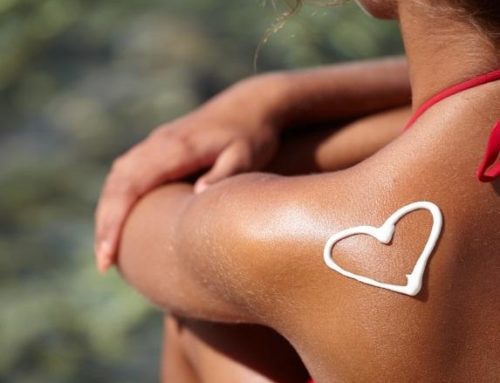
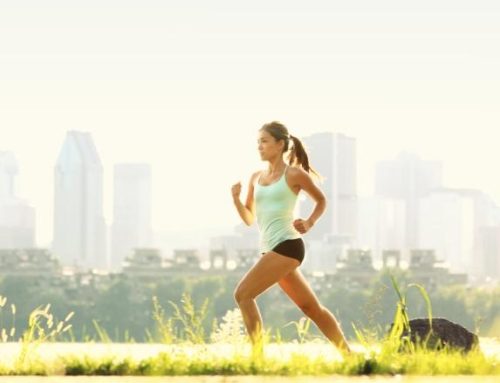
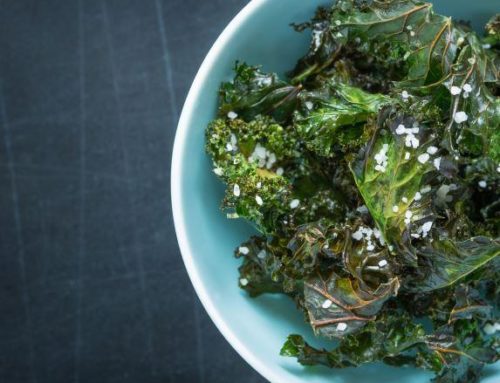

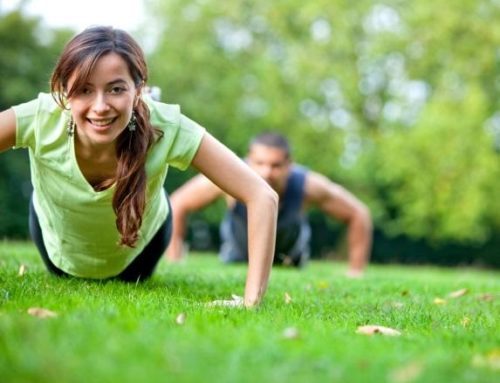



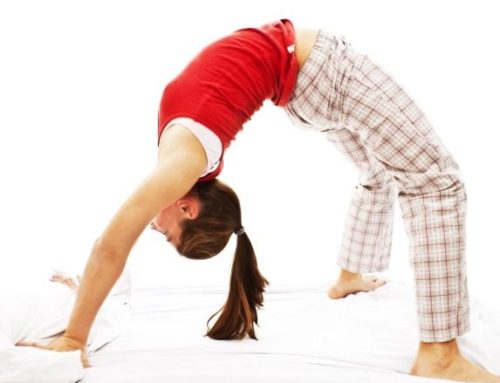





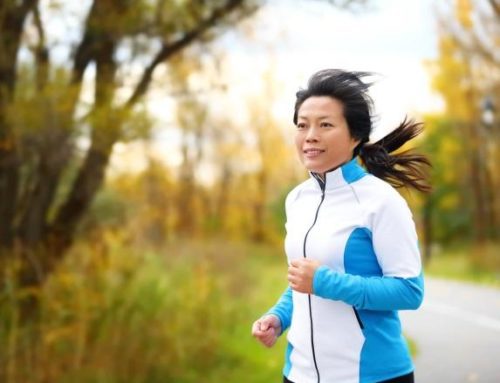
Leave A Comment